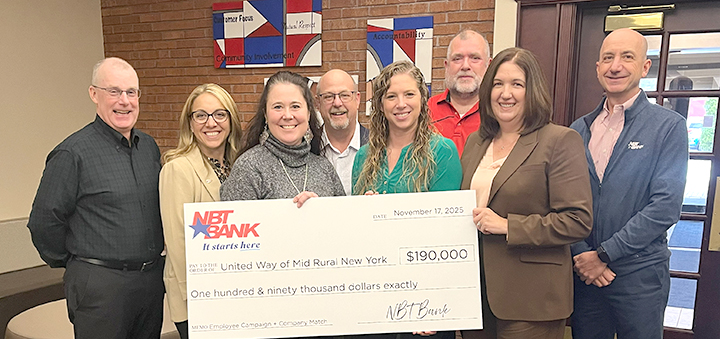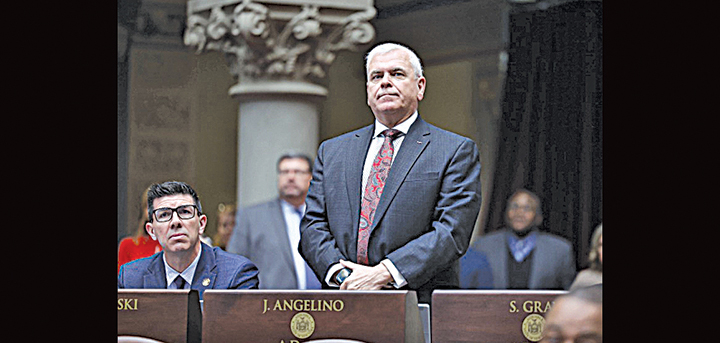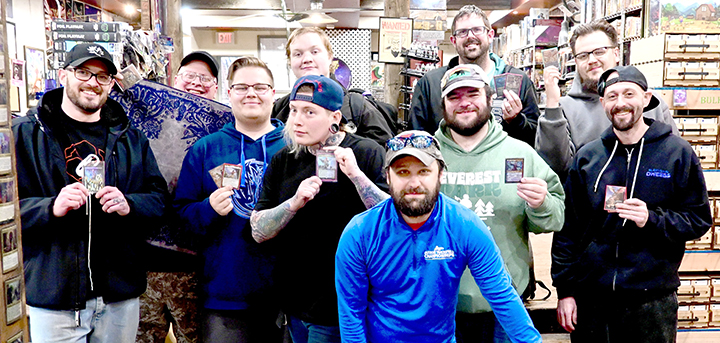Chenango Law Day 2020
At or around this time, in the month of May, for many years now, our local lawyers and judges have gathered with our community in our historic courthouse to celebrate Law Day. At the heart of each community celebration, held here and across our nation, is the recognition and promotion of the Rule of Law in our society. In our local program, originated by our beloved retired County Judge, Hon. W. Howard Sullivan, each year we have honored a special member of our county, selected by our County Bar Association – a non-lawyer – who has contributed in some remarkable manner to fostering the Rule of Law and civic virtues. This individual is given the "Liberty Bell Award" in recognition of their service and dedication. We also celebrate the winners of the annual mock trial high school competition, who have engaged in learning and practicing courtroom advocacy skills.
But this year, as we all know, is not like other years. It is instead terribly distinct. We cannot safely gather in our courthouse – or anywhere else! The mock trial competition was necessarily ended after the earliest rounds of competition. No community member was selected to receive the prestigious award.






Comments